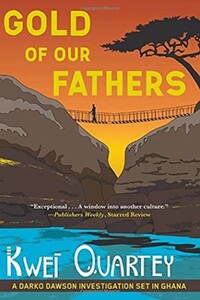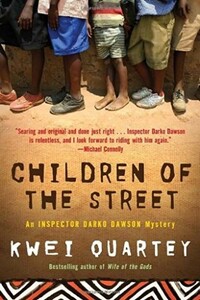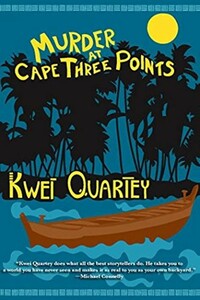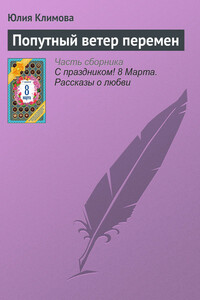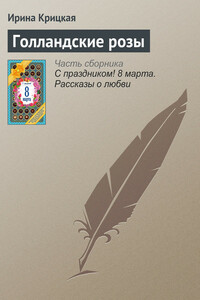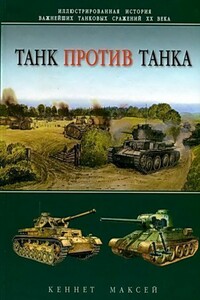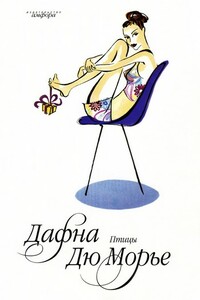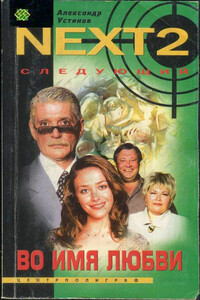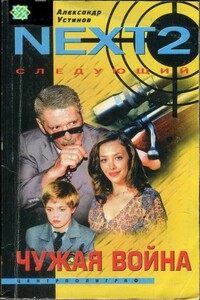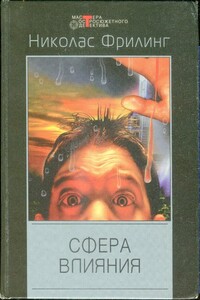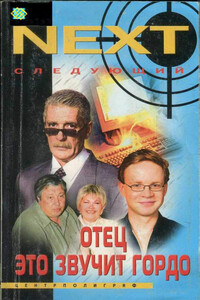Adwoa: female resident of Dunkwa.
Armah, Daniel: retired policeman, Darko Dawson’s mentor.
Asase: officer assisting Darko Dawson.
Bediako, Frank: commander, Ghana Armed Forces Northern Command, Kumasi.
Brave: one of the workers at the Aniamoa dredging site.
Chikata, Philip: inspector, Darko Dawson’s junior partner at CID Accra Central Headquarters.
Dawson, Christine: Darko Dawson’s wife.
Dawson, Darko: detective chief inspector, Criminal Investigations Department in Accra, Ghana.
Dzamesi, Prosper: director-general, Criminal Investigations Department.
Dzigbodi, Gbedema, Kwame, and Kweku: Kudzo Gablah’s fellow mine workers.
Ekaw: Kudzo Gablah’s friend.
Gablah, Kudzo: alluvial mine worker who discovered the
dead body.
Gifty: Christine Dawson’s mother; Darko Dawson’s mother-in-law.
Granger, Chuck: American owner of gold mines next to the Lieu site.
Helmsley, Akua: environmental reporter for The Guardian (UK).
Huang, Leonard: Chinese miner/merchant frequently acting as interpreter for Darko Dawson.
Kobby: a constable in Dunkwa.
Kwapong, Phyllis, MD: forensic pathologist.
Lartey, Theophilus: assistant commissioner of police (ACP); Inspector Chikata’s uncle.
Liu, Bao: Chinese illegal alluvial miner and murder victim.
Liu, Lian: Bao’s wife.
Liu, Wei: Bao’s younger brother.
Manu, Deborah: deputy commissioner of police, regional
commander, Ghana Police Service, Ashanti Region.
Nkrumah: pathology technician.
Obeng, Augustus: detective sergeant; Darko Dawson’s junior partner at Obuasi Divisional Headquarters.
Okoh, Amos: brother of Yaw Okoh.
Okoh, Yaw: worker in a local mine, murder suspect.
Longdon, Ata: assistant commissioner of police, commander, Obuasi Divisional Headquarters.
Queenie: flirtatious Dunkwa resident, a.k.a. Smoothie.
Sackie: inspector, Dunkwa Police Station supervisor.
Samuels, Joshua: freelance photographer for Akua Helmsley.
Tanbry, Beko: American gold investor.
Thompson, Tommy: director of Precious Minerals Marketing Company (PMMC).
Dark gravel, the gray-and-black color of an aging man’s beard, renders the most gold. One has to dig beyond the water table to reach the coveted ore. As far as Kudzo Gablah’s eye could see, machine-excavated pits and craters disfigured the once lush landscape. Mounds of tawny soil surrounded each scooped-out depression, as if a giant hand had reached inside the earth and turned it inside out.
Short-handled shovel in hand, Kudzo stood in the middle of one of the craters, his old ill-fitting Wellington boots sinking into the soft earth. At the top of the pit, which was more than twice Kudzo’s height of five-eleven, his four fellow galamsey workers joked and jostled with each other, and even though he had yelled at them that they might as well begin work while waiting for the boss to arrive, they were slow to start. At only twenty-four years old, Kudzo was the most experienced and the most senior mine worker, the others barely out of their teens.
He planted his first stab deep into the gravel, enjoying the crisp sound of earth giving way to the sharp blade. He and the other guys would be digging all day. It would be especially grueling without the aid of the hydraulic excavator, which had broken down two days ago. Their Chinese boss, Bao Liu, had said he would come in early this morning to attempt a repair of the vehicle, but he was nowhere to be seen. It was almost 6:30 now, and that was odd because when Mr. Liu said he was going to arrive early, he meant early. Perhaps he or his wife had fallen ill.
Kudzo looked up to see Wei Liu carefully making his way toward them over a narrow muddy crest at the top of one of the pits. About thirty-five, he was Bao’s younger brother, but the two were as unlike as a yam tuber and a thin stalk of sugar cane. Wei was stout, while his older brother was hard and wiry. Bao yelled a lot and insulted people, whereas Wei was quiet and sullen. They knew some English and a little bit of Twi. Between those two languages, they managed to communicate with the Ghanaian workers. Sometimes Kudzo and his friends made fun of the Chinese brothers’ accents and mimicked the sound of Chinese as they perceived it. Kudzo didn’t like Wei, much less his older brother.
“Where Bao?” Wei asked Kudzo abruptly, without even a “good morning.”
“Please, I don’t know,” Kudzo said, thinking, Shouldn’t you know better than me where your brother is? “Maybe he went somewhere.” More specifically, Kudzo was thinking Bao might have gone into the bush to relieve himself, the way everyone did around the mines. “Didn’t he call you?”
